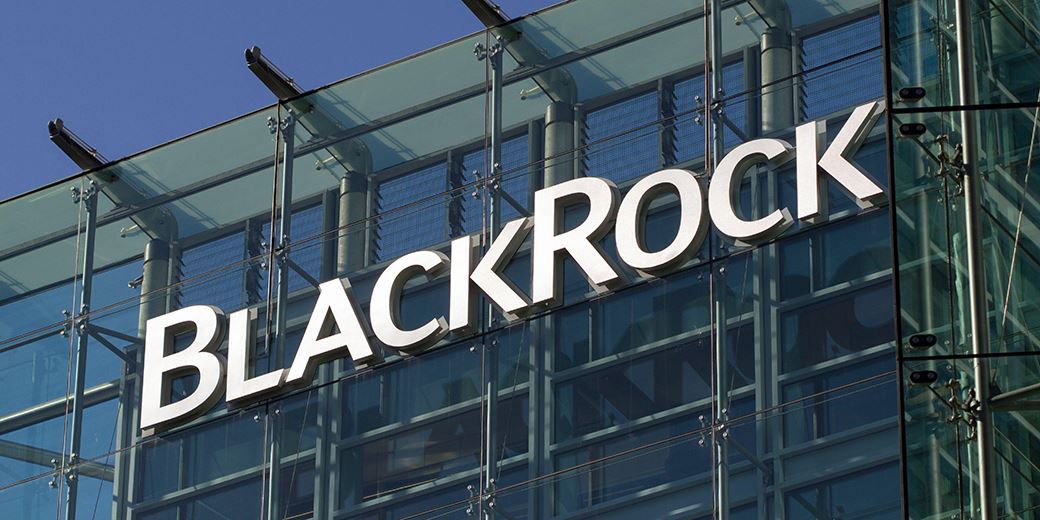BlackRock’s Bitcoin ETF Sees Largest Daily Withdrawal, Ending Month-Long Inflow Streak
31.05.2025 19:00 1 min. read Alexander Stefanov
After more than four weeks of uninterrupted investor enthusiasm, BlackRock’s iShares Bitcoin Trust has reported its steepest daily outflow since its inception, signaling a potential shift in sentiment.
Data from Farside reveals that on May 30, investors pulled $430.8 million from the fund, breaking a 31-day streak of consistent inflows. This marks the highest single-day outflow for IBIT since its January 2024 launch, slightly surpassing the previous record set in late February.
Despite the setback, the fund has already amassed a staggering $70 billion in Bitcoin holdings, underscoring the rapid institutional adoption since spot Bitcoin ETFs went live in the U.S.
The broader Bitcoin ETF market mirrored the decline, with a total of $616 million in net outflows across all issuers on the same day. This followed a $346 million pullback the previous day, marking the first two-day retreat in recent weeks.
Market observers have dismissed fears of a retail selloff. Some industry voices suggest the movements reflect capital rotation rather than panic, with long-term investors using the moment to reallocate assets.
Meanwhile, Bitcoin’s price hovered around $103,700 after a slight daily dip, despite more than $6 billion flowing into IBIT during May alone. Analysts note that even as inflows surged, price action remained subdued—prompting questions about where the next wave of volatility may come from.
-
1
UniCredit to Launch Structured Product Tied to BlackRock’s Spot Bitcoin ETF
01.07.2025 17:53 1 min. read -
2
Saylor’s Strategy Halts Bitcoin Buying After Historic Accumulation
07.07.2025 17:00 2 min. read -
3
Trump’s Two big Bitcoin Moves: Key Catalysts or Just Noise for BTC Price?
08.07.2025 7:30 2 min. read -
4
Bitcoin Market Stalls as Profit-Taking, Whale Dispersal, and Sideways Action Define the Cycle
01.07.2025 20:00 3 min. read -
5
Speculation Surges as Binance BTC Futures Volume Tops $650 Trillion
04.07.2025 17:37 2 min. read
Public Companies Now hold Over $100 Billion in Bitcoin — 4% of Total Supply
According to new data shared by Bitcoin Magazine Pro, publicly traded companies now collectively hold over 844,822 BTC, valued at more than $100.5 billion, marking a historic milestone for institutional Bitcoin adoption.
Trump Media Holds $2B in Bitcoin as Crypto Plan Expands
Trump Media and Technology Group, the parent company of Truth Social, Truth+, and Truth.Fi, has officially disclosed that it now holds approximately $2 billion in Bitcoin and Bitcoin-related securities.
Strategy Adds 6,220 BTC, Pushing Total Holdings Past 607,000
Michael Saylor’s Strategy has confirmed another major Bitcoin purchase, acquiring 6,220 BTC last week for approximately $739.8 million.
Bitcoin Open Interest Hits $42B as Funding Rates Signal Bullish Overextension
Bitcoin’s derivatives market is heating up, with open interest climbing back to $42 billion while funding rates continue to surge.
-
1
UniCredit to Launch Structured Product Tied to BlackRock’s Spot Bitcoin ETF
01.07.2025 17:53 1 min. read -
2
Saylor’s Strategy Halts Bitcoin Buying After Historic Accumulation
07.07.2025 17:00 2 min. read -
3
Trump’s Two big Bitcoin Moves: Key Catalysts or Just Noise for BTC Price?
08.07.2025 7:30 2 min. read -
4
Bitcoin Market Stalls as Profit-Taking, Whale Dispersal, and Sideways Action Define the Cycle
01.07.2025 20:00 3 min. read -
5
Speculation Surges as Binance BTC Futures Volume Tops $650 Trillion
04.07.2025 17:37 2 min. read


